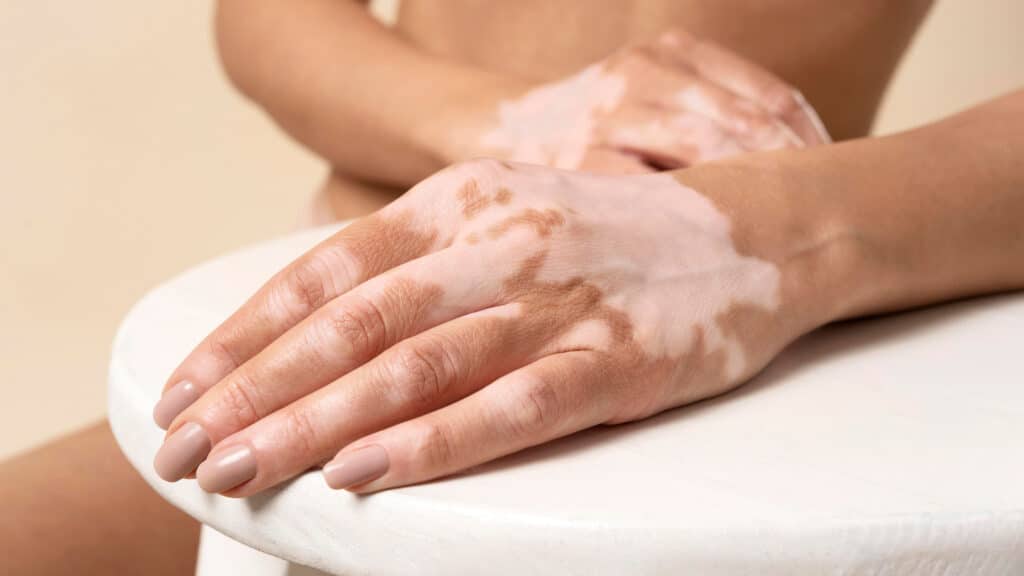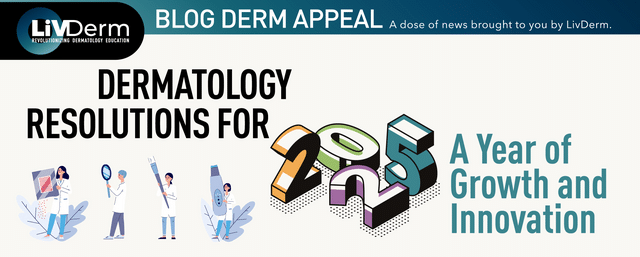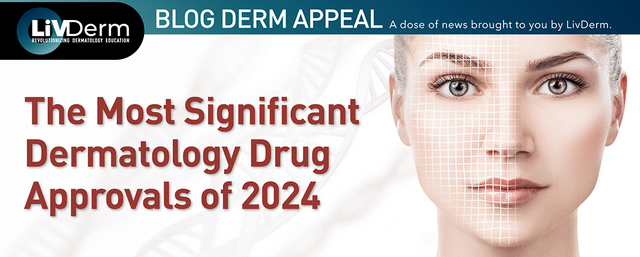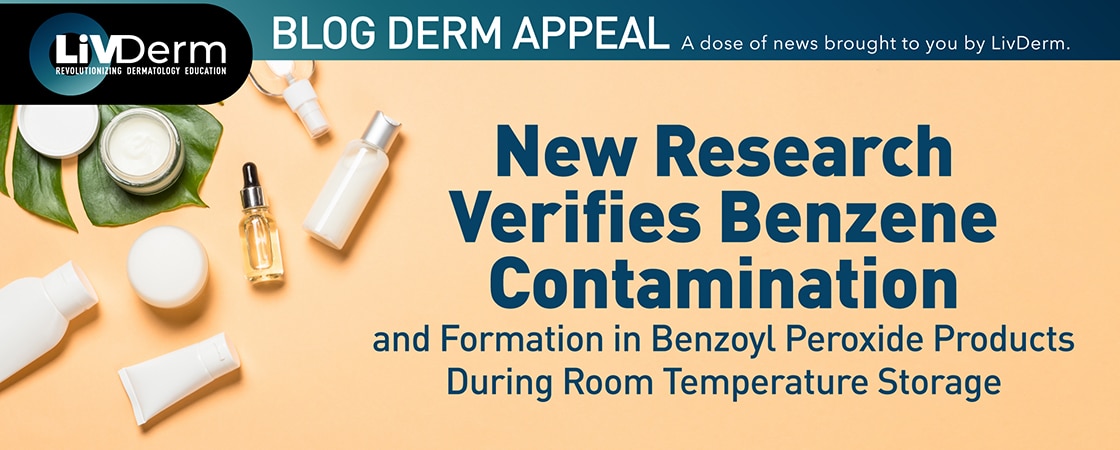AbbVie recently announced that its phase 2b study evaluating upadacitinib (RINVOQ®) for the treatment of adults with nonsegmental vitiligo (NSV) met the primary endpoint of percent change from baseline in the Facial Vitiligo Area Scoring Index (F-VASI) at week 24 with the 11 mg and 22 mg doses versus placebo.

The 52-week, randomized, double-blinded study comprises two periods. Patients enrolled in the study were aged 18 to 66 years with NSV, an F-VASI of 1.1, and a Total Vitiligo Area Scoring Index (T-VASI) of 22, both mean scores at baseline.
During the first period of the study, 185 patients were randomly assigned to receive either once-daily upadacitinib 22 mg, upadacitinib 11 mg, or placebo for 24 weeks. Period two consisted of 166 patients who continued with a 28-week blinded extension study. In this second period of the study, patients receiving upadacitinib during period one continued on their respective regimens whereas patients who were receiving placebo in period one were pre-assigned to receive either upadacitinib 11 mg or 22 mg.
At week 24, the study revealed that upadacitinib achieved the primary endpoint of percent change from baseline in F-VASI with 11 mg and 22 mg doses versus placebo. It also noted a higher response rate with upadacitinib versus placebo in secondary endpoints, including F-VASI 75 at week 24 with the 11 mg and 22 mg doses and T-VASI 50 at week 24 with the 22 mg dose.
The study did not observe any new safety signals beyond the known safety profile for upadacitinib. Treatment-emergent adverse event (TEAE) rates were generally similar with upadacitinib and placebo during period one with the most common being COVID-19, acne, headache, and nasopharyngitis. Researchers noted that numerically higher rates of serious TEAEs and TEAEs leading to study drug discontinuation were observed in the upadacitinib 22 mg group versus the other groups.
Researchers went on to note the following – “One death adjudicated as undetermined/unknown cause and deemed by the investigator to have no reasonable possibility of being related to study drug occurred in the upadacitinib 22 mg group (period 1). One adjudicated event of nonfatal ischemic stroke occurred with upadacitinib 11 mg (period 2) in a patient with known cardiovascular risk factors. One event of malignancy (breast cancer) occurred with upadacitinib 11 mg (period 2) in a patient with positive family history of breast cancer. Throughout the study, a single event of serious infection (COVID-19 pneumonia) was reported in the upadacitinib 22 mg group. There were no adjudicated events of venous thromboembolism, gastrointestinal perforation, or active tuberculosis”.
"Vitiligo impacts millions of people globally, and there is no cure. The disease can have a great impact on patients' physical and mental health, as depigmentation of the skin can be severe. In vitiligo, it can take time to see optimal skin re-pigmentation during treatment, which makes long-term studies critical to providing valuable insights on a treatment's meaningful impact for patients."
Thierry Passeron, MD, PhD, professor and chair of the Department of Dermatology at Université Côte d'Azur
Roopal Thakkar, MD, senior vice president of development and regulatory affairs and chief medical officer at AbbVie revealed in the press release, “We will continue to apply our significant experience in advancing research and driving innovation in treatments for immune-mediated diseases, including underserved diseases with high burden on patients, such as vitiligo.”
Be sure to join us to dive deeper into JAK inhibitor use across dermatologic diseases at the 2024 South Beach Symposium this February in Miami Beach. Attend cutting-edge sessions led by researchers at the forefront of evaluating the real-world efficacy and safety of these breakthrough therapies. Register now to secure your spot.
















